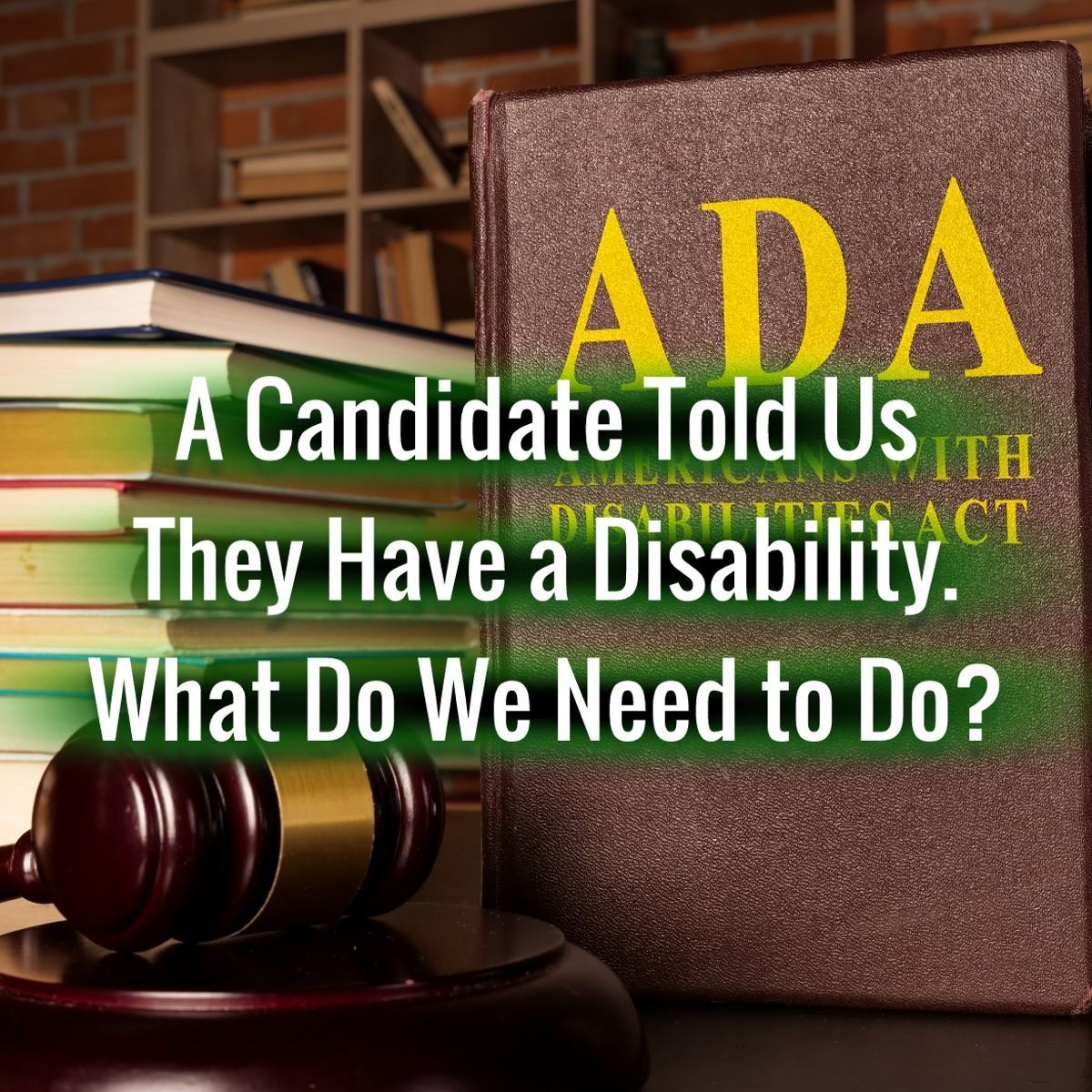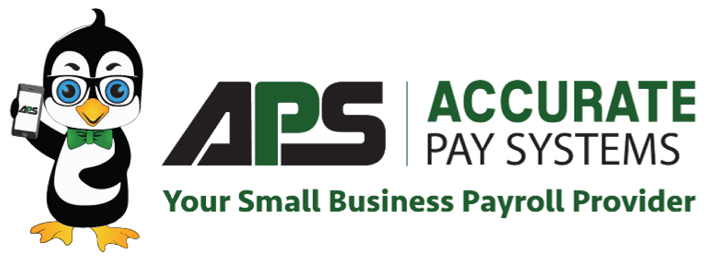By Carla Marsh
•
September 5, 2024
Are you finding it difficult to fill job openings because not enough people are applying? You wouldn’t be alone. One avenue organizations are taking to expand their applicant pool is to forgo the college degree requirement and instead adopt a more inclusive, skills-based approach to hiring. Would such an approach benefit your organization? To help you answer that question, we’ll go over reasons you might want to keep or eliminate the degree requirement and outline what a skills-based alternative could look like. The Upside of the Degree Requirement For employers, a college degree is an early indicator that an applicant may have the basic knowledge and skills needed for a position. It’s safe to assume, for example, that someone with a degree in graphic design can probably do an entry-level graphic design job. A college degree is also a sign that an applicant has likely developed certain soft skills like communicating with peers, completing long-term projects, and meeting deadlines. It’s not a guarantee, of course, but it enables employers to make reasonable decisions about which applicants to advance to a phone screen or interview. The college degree requirement can also serve as a useful tool for employers overwhelmed with applicants. It discourages some people from applying, reducing the company’s applicant pool and the workload of overburdened recruiters and hiring managers. And last, but not least, some jobs really do require a degree. We’re not suggesting you throw this requirement out the window If you’re hiring a lawyer, doctor, engineer, or other professional whose licensure is likely hinged on completion of a graduate degree. The Downside of the Degree Requirement If, however, you’re hurting for applicants, the degree requirement might be working against you if it isn’t absolutely necessary. While a college education is one way people acquire the knowledge and skills they use in their job, it’s rarely the only way to gain those proficiencies. In most cases, a degree is at best a proxy for basic qualifications, not something someone materially needs to do a job. And, aside from increasing your applicant pool, there are other good reasons to eliminate it. According to a study by Harvard Business School, requiring a degree when it’s not essential “particularly hurts populations with college graduation rates lower than the national average, such as Blacks and Hispanics, age 25 years and older.” It can also raise barriers to entry for many young adults. Eliminating the degree requirement means that you’ll need some other way to screen applicants for the necessary knowledge and skills and what’s become known as “skills-based hiring” is a promising alternative. What Is Skills-Based Hiring? Skills-based hiring prioritizes asking applicants whether and to what extent they have the skills needed for the job, not where they acquired those skills or how long they’ve been using them. The existence and quality of those skills is the deciding factor in whether to hire a candidate, not years of education or work history. It makes room for people who would be able to excel in the role, but don’t have the education or work history generally expected for someone with their expertise or ability. As an example, if you were hiring someone into an HR coordinator role, you’d skip asking them if they have a degree and how long they’ve been working in HR or general administration roles. Instead, you’d start with whether they have data entry and conflict resolution skills—or whatever skills you’re looking for in particular—and then ask how they acquired those skills and how they’ve put them to use. The Challenge of Skills-Based Hiring Skills-based hiring will likely add time to your hiring process. You won’t be able to rely on degrees or years of experience as your first screening criteria. You may have to redesign your application so that it effectively asks about skills and enables applicants to tell their story. You might end up phone screening or interviewing more candidates to ascertain whether they truly have the skills they say they have. You might also have to spend more time with recruiters to ensure they know and understand which skills you are looking for and how to assess whether applicants have them. But, if you are looking to increase your candidate pool and find the best person for that role, it will be time well spent. The Advantages of Skills-Based Hiring First, skills-based hiring has the potential to align more closely with business needs because, if done right, it makes you think clearly at the outset about what skills are truly essential, what specific skills would most benefit your organization, and what skills would merely be nice to have. It also gets you thinking about the role’s evolution as the organization develops and needs change. All this can lead to better job performance, lower turnover rates, and higher employee satisfaction because employees are positioned in roles that suit their skill sets and growth aspirations. Second, skills-based hiring can widen your talent pool. By prioritizing skills over formal education or specific career achievements, you can discover candidates who you’d likely overlook despite being highly capable and a terrific fit for the role. This is especially relevant in fields where practical abilities are more important than academic qualifications and formal experience. Most employers would likely agree that they’d rather have an HR coordinator with sparkling data entry skills and the ability to put people at ease than one with a college degree and five years of experience but no typing or people skills. Finally, skills-based hiring can increase the diversity of your candidate pool. You’re more likely to evaluate candidates on their merit, reducing biases related to education, socio-economic background, or work history. This not only supports a more equitable hiring process, but also brings a broader range of perspectives and ideas to your team, enhancing creativity and problem-solving. From HR Support Center - Legal Disclaimer : This message does not and is not intended to contain legal advice, does not address state or local law, and its contents do not constitute the practice of law or provision of legal counsel. The sender cannot be held legally accountable for actions related to its receipt.





